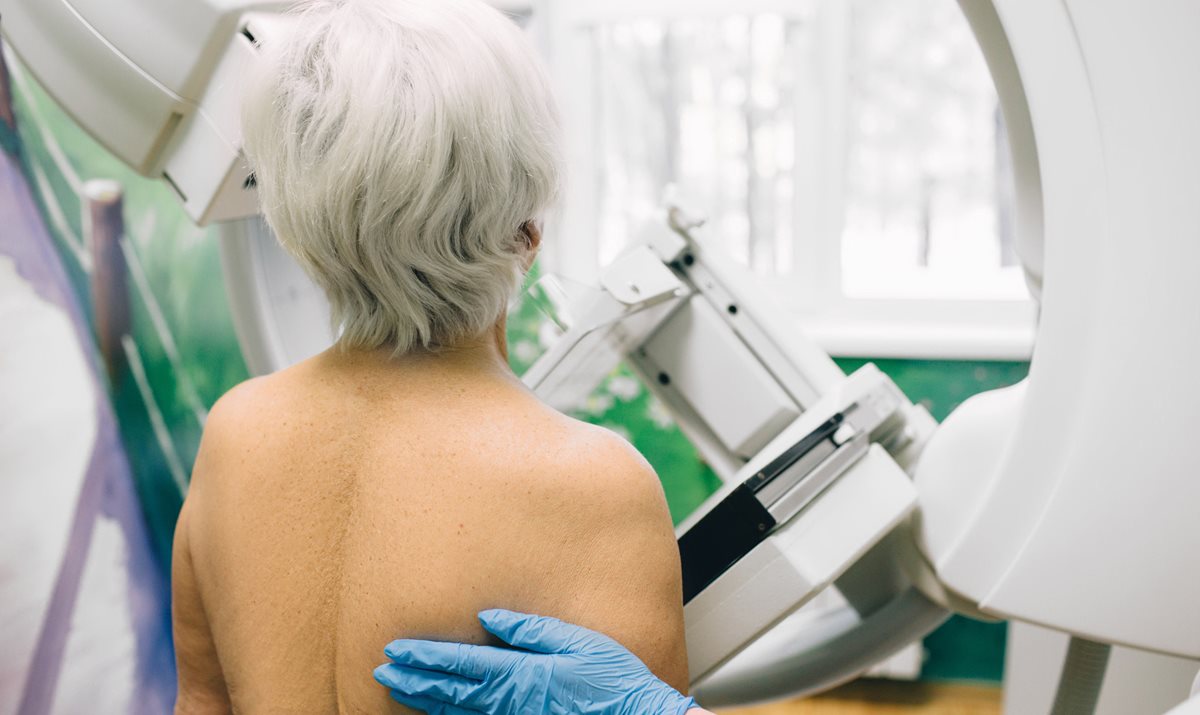Recommendations for a fundamental shift in the delivery of national screening programmes have been published today (16 October) in a new report commissioned as part of the NHS drive for earlier diagnosis and improved cancer survival.
The independent review of adult screening programmes, authored by Professor Sir Mike Richards, focuses on those which require people to be actively called and recalled for screening, including abdominal aortic aneurysms (AAA), bowel, breast, and cervical cancers.
“Screening programmes are a vital way for the NHS to save more lives through prevention and earlier diagnosis, yet we know that they are far from realising their full potential," Professor Richards said.
"People live increasingly busy lives and we need to make it as easy and convenient as possible for people to attend these important appointments.”
The report calls for:
- People to be given much greater choice over when and where they are screened
- Local screening services to offer extra evening and weekend appointments
- Patients to receive results within the standard timetable across all screening programmes
- All participants in breast screening programmes to be recalled within 36 months
“Numerous issues affect and hinder the functioning of screening programmes and lead to delays in making improvements which are already proven to work. Every day of delay is a missed opportunity to catch a person’s cancer or disease at an earlier point, and potentially save their life,” Professor Richards said.
The SCoR provided evidence to the screening review and Richard Evans, the Society's chief executive officer, commented, "The radiography workforce has been at the heart of the NHS Breast Screening programme since its inception and the SoR continues to work closely both with our members at the front line and at policy level.
"As the scope and impact of screening programmes increases, we remain committed to early diagnosis and the most efficient interventions."
Richard continued, "The findings of this review present significant challenges, not least in ensuring a sufficient and sustainable workforce for screening. Our members have shown that the radiography workforce is prepared to respond to challenges in the past and we will continue to support the changes that are recommended.
"However, we will look to the government and to the agencies responsible to ensure that there is adequate resource for this vital work.
"We note that Professor Richards is taking on a further review for diagnostic capacity in general. We welcome this and very much look forward to working with Mike on this extended project."
The report says that much more could to be done to drive uptake of screening programmes through social media campaigns and text reminders, and local initiatives which have successfully boosted uptake should be rolled out nationwide.
Equipment and machinery is also highlighted in the review, which recommends the introduction of a dedicated capital fund to replace ageing technology.
